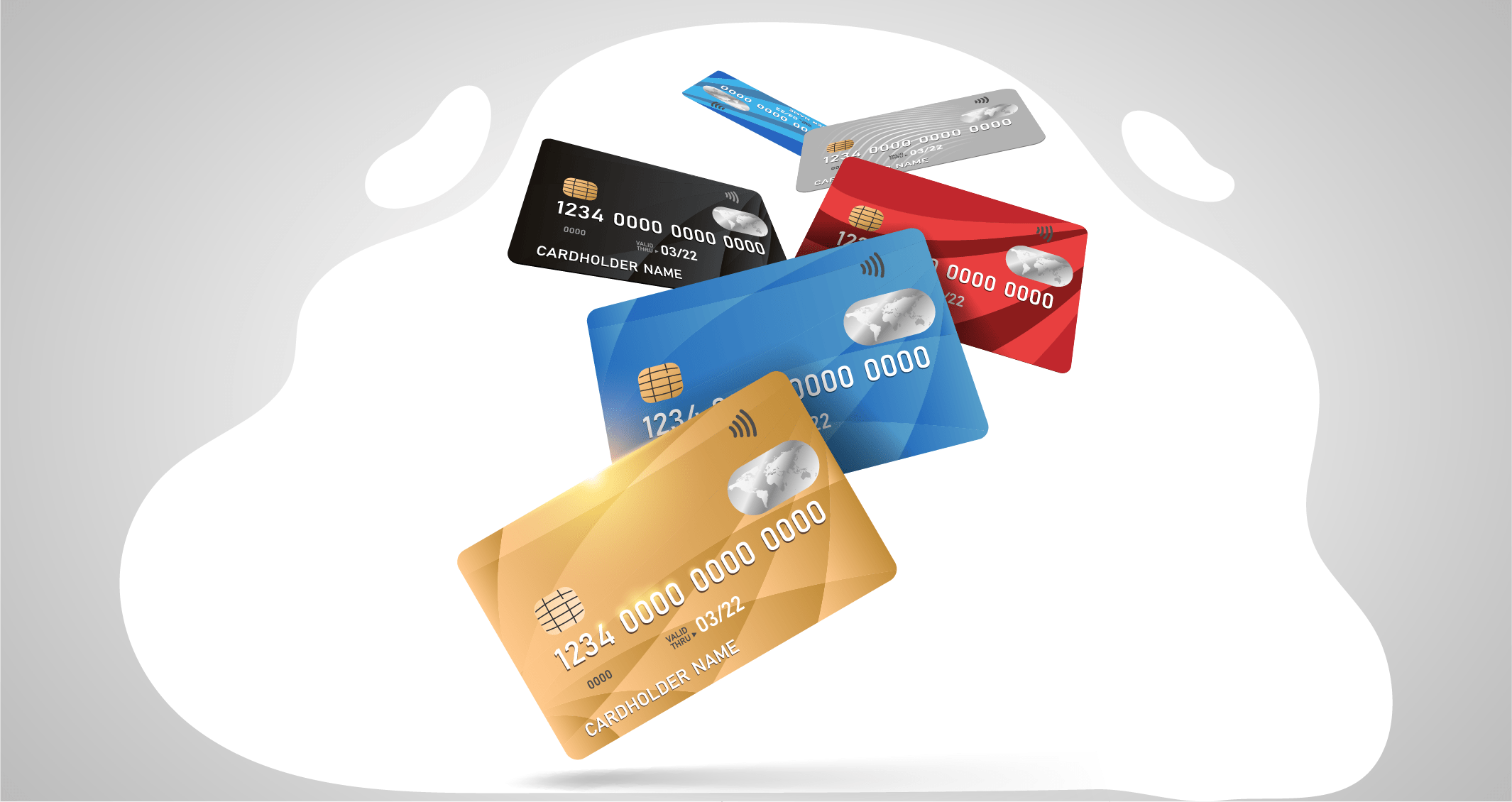Regular Credit Card vs. Credit Card Against an FD: What's Better

“I believe in living a credit-free life!”
*suffers an unpredicted expense*
“I would like to take that statement back”
Most people would like to believe that they can manage to live a life without taking on credit. But is that a feasible mindset? The negative connotation linked with borrowing credit from financial institutions and NBFCs can repel away interested individuals. Many misconceptions are associated with credit cards, like debt cycles, high-interest rates, etc. However, these are conditional situations and not necessarily the same for everyone.
Also, avoiding financial products like credit cards and loans put people at a disadvantage. Contrary to popular belief, these products help build the CIBIL score. Most institutions prefer sanctioning loans and approving credit to individuals with a credit score of over 750. So, understanding such features can help build your financial credibility.
There are certain credit cards that don’t require you to have a high credit score or produce extensive documentation. Unlike unsecured credit cards that require verification via documents, a secured credit card serves as an alternative. They’re recommended for individuals with a low credit score or irregular income. Moreover, homemakers, entrepreneurs, and students can avail of such secured credit cards as well!
One of the most preferred type of secured credit cards is one availed against a fixed deposit. It offers investors a chance to access the necessary resources to finance sudden expenses without breaking the bank – quite literally in this case. Liquidating a fixed deposit could do more harm than good. You can pledge these funds without disturbing them and avail a credit card.
Keep reading on to learn more about the differences between regular credit cards and fixed deposit-backed credit cards, and click here to apply for one today!
Comparing Credit Cards: The Pros & Cons
While browsing the best credit card options available in the market, you might be confused about which type works best for you. Moreover, these choices might confuse those with fixed deposits that already contain a sizeable amount. Either way, it’s best to weigh the options before settling on one. Besides, it just might save you the trouble and expense of breaking a fixed deposit.
Regular Credit Cards
While most credit card companies prefer dealing with people who have a high credit score, others have lenient policies. Regardless, it’s important to understand that these companies sanction a pre-set credit limit. Once exhausted, you won’t be able to continue using the card without paying off the amount owed.
Also, these credit cards can be used to fulfil online and offline transactions. With every purchase, you might earn exciting rewards like cashbacks or rewards points. Before sanctioning the credit limit, issuers will scrutinise your credit score, payment history, income, etc.
The Pros
- Access to Instant Credit: Credit cards operate on a deferred payment mode that allows users to avail of instant credit without the stress of immediate repayment
- EMI Payments: Credit card issuers allow users to convert their payments into manageable EMIs, especially big-ticket purchases like televisions, etc.
- Cardholder Protection: Such credit cards come with additional protection in the form of insurance for card purchases
The Cons
- Minimum due Payments: It allows cardholders to pay only the minimum payment due while interest continues to accrue on the outstanding debt and new purchases
- Hidden Costs: The fine prints are layered with hidden charges unknown to users like joining fees, late payment penalties, renewal fees, etc.
- High-Interest Rate: Heavy interest rates are levied on outstanding dues caused by late or delayed payments
- Credit Card Fraud: Leaving credit usage unmonitored will leave room for suspicious activity and purchases going unnoticed
Fixed Deposit-Backed Credit Card
Despite all the investments and emergency corpus, investors might find themselves in a financial pinch. Having a credit card against a fixed deposit is recommended for such situations. Moreover, these cards are easier to avail for those without steady incomes in comparison to traditional credit cards.
Banks will sanction up to 75% to 85% of the fixed deposit for credit card usage. So, the higher the amount deposited, the more likely you are to receive a card against it.
The Pros
- Build Credit Score: Timely repayments and responsible credit usage are reported to credit bureaus like CIBIL to improve the score
- Easy Application: Eligible customers can easily apply for a secured credit card through online or offline applications or while booking a fixed deposit
- Continued Investment: Prevents investors from breaking their fixed deposits to gain access to necessary funds, and instead use a secured credit card
- No Debt Cycles: In case of default, the lender will break the fixed deposit to collect the payment for outstanding dues
The Cons
- Mandatory Minimum Amount FD: Customers must have enough corpus to pay the minimum amount required to start a fixed deposit and apply for a secured credit card
- Low Credit Limit: The credit limit is lower since lenders only sanction a certain percentage of the deposited amount
- Fewer Rewards & Benefits: Unlike regular credit cards, they offer less dynamic benefits in terms of cashbacks, insurance on purchases, etc.
The bottom line? It’s best to apply for a credit card that best suits your requirements! If you need a credit card with a higher limit, then regular credit cards come with high pre-set limits. But, if you’re largely financially secure and only require them for payments, fixed deposit-backed credit cards are better.
So, what are you waiting for? Start building a mighty credit score today by applying for a credit card on the Bajaj Markets app or website!
